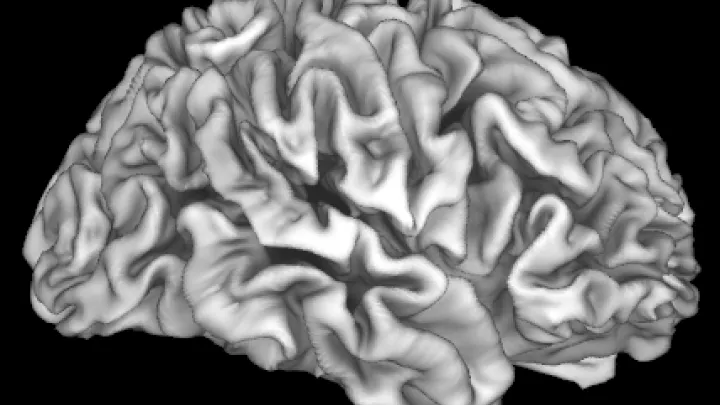
Does Substance Use Affect Adolescent Brain Development?
As part of a landmark study about the effects of adolescent substance use on the developing brain called the Adolescent Brain Cognitive Development (ABCD) study, Children’s Hospital Los Angeles has been awarded a five-year grant totaling nearly $8 million from the National Institutes of Health.
The ABCD study is a national longitudinal study that will assess the short- and long-term impact of substance use on brain development. The project will recruit 10,000 youths before they begin using alcohol, marijuana, tobacco and other drugs, and follow them over 10 years into early adulthood.
Principal investigator Elizabeth Sowell, PhD, director of the Developmental Cognitive Neuroimaging Laboratory, part of the Institute for the Developing Mind at CHLA, said that her research, conducted in collaboration with other scientists at UCLA, will place special emphasis on questions of socioeconomic status, the impact of prenatal exposures to alcohol and other drugs of abuse, and the impact of pubertal hormones on brain development.
The NIH awarded 13 grants to institutions around the country in order to follow children beginning at ages 9 or 10, before drug use is initiated, and through the period of highest risk for substance use and mental health disorders. Scientists will track exposure to substances including nicotine, alcohol and marijuana, and their long and short-term impact on academic achievement, cognitive skills, mental health, and brain structure and function.
The ABCD study seeks to address questions related to substance use, including possible links to the risk for mental illness, the impact on physical health, psychological development, learning and memory and other behaviors.
“We at CHLA are perfectly suited to conduct these studies, with both state-of-the-art brain imaging facilities and expertise in neurodevelopment through the Institute for the Developing Mind,” said Sowell, who is also a professor of Pediatrics at the Keck School of Medicine of the University of Southern California. She added that the NIH funding provides the opportunity to further address research on how socioeconomic disparity impacts brain and cognitive development, and how this disparity influences drug use and mental health. “There is a real opportunity here to better understand how to help kids reach their full potential.”
Image courtesy of Shutterstock.


